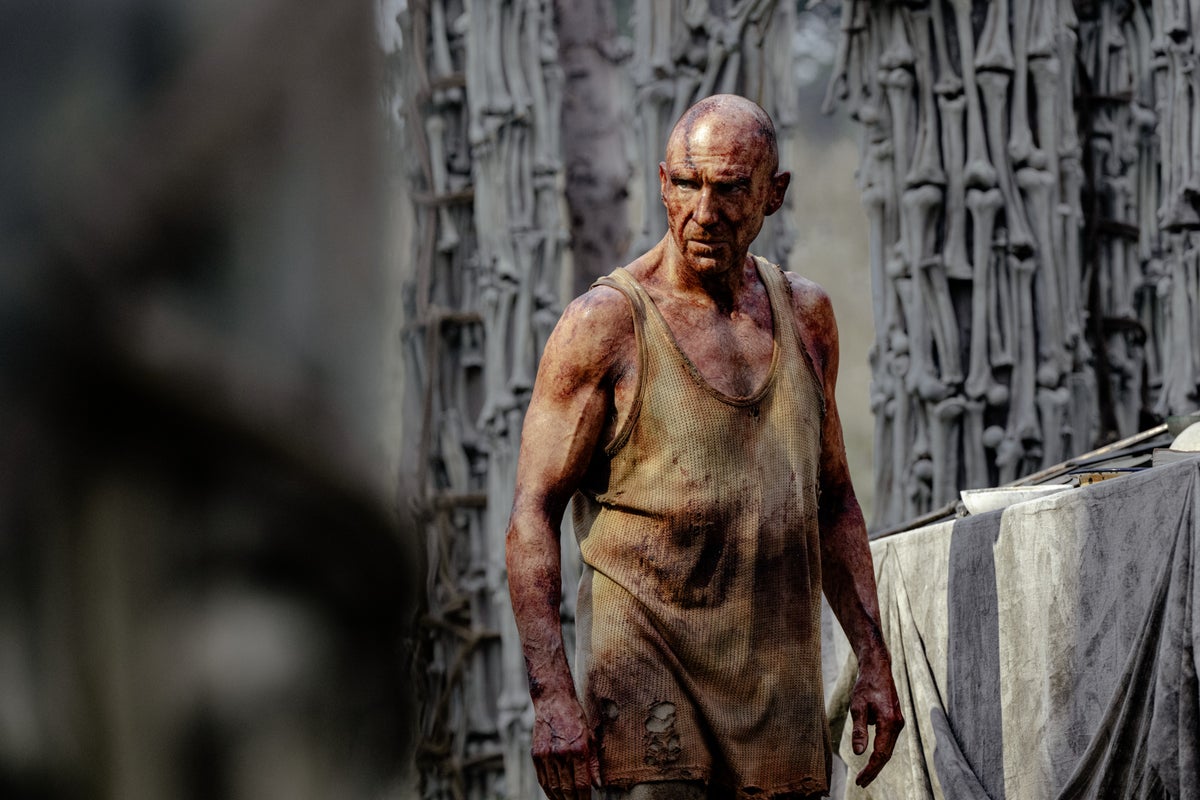It may not have been 28 years since Danny Boyle last had a film in cinemas, but it kind of felt that way. The British filmmaker has been out of action since 2019, when he headed up the commercially successful but critically scoffed-at Yesterday – a jukebox musical imagining an alternate reality in which The Beatles never existed, except in the memory of one (slightly unscrupulous) man. The film was sappy and spurious, and its central hypothetical seemed to crumble under the slightest prodding: a scene in which protagonist singer Jack (Himesh Patel) meets a still-alive, un-assassinated John Lennon was immediately infamous. Boyle, once the embodiment of edgy and forward-looking British cinema, had never seemed less cool.
Last week, however, saw the release of 28 Years Later – the long-awaited sequel to the grimy 2002 zombie hit 28 Days Later, directed by Boyle and written by Civil War’s Alex Garland. The film largely ignores the 2007 sequel 28 Weeks Later, made without Boyle and Garland, and is the first in a planned trilogy; the second new entry, directed by Candyman’s Nia DaCosta, has already been shot and is out in January of next year. It’s a welcome surprise, then, that 28 Years Later is a coruscating return to form for Boyle – a dynamic, unpredictable and soul-stirring undertaking. But in its final stretch, the film takes a hard lurch into the unknown, delivering what The Independent’s Adam White described in last week’s Saturday Interview as “undoubtedly the strangest and most unexpectedly horrifying last few minutes of a major studio film in recent memory”. If you haven’t seen the film, and don’t wish it to be spoilt, stop reading now.
The spoiler, such as it is, comes in the form of former Skins star Jack O’Connell, who, along with a gang of lackeys, saves the film’s protagonist – 12-year-old runaway Spike (Alfie Williams) – from the incoming undead. The twist? O’Connell’s character, and his entire group of followers, are dressed in tracksuits and have long blonde hair. In 28 Years Later’s world, there exists, in other words, a cult of survivors modelled on Jimmy Savile.
The sequence has, naturally, been received very differently by audiences in Britain – where Savile and his horrific and decades-long campaign of systemic child abuse are ingrained in our cultural encyclopedia – and in the US, where the reference to Savile seemed to pass by large chunks of the crowd unacknowledged. The twist makes the direction of the forthcoming sequel infinitely more fascinating, and vastly more provocative. “[The ending] is about reintroducing evil into what has been a compassionate environment,” Boyle told The Independent. “I asked Alex right at the beginning [of the writing process] to tell me the nature of each of the films. He said that the first film is about the nature of family. The second film is about the nature of evil.”
There’s something more than a little scandalous about the sequence: Savile is such a heinous figure, and his crimes so distressing and far-reaching, that artists have largely steered clear of invoking him in this sort of way, as political metaphor. (That hasn’t, of course, stopped his story from becoming fodder for true-crime programmes and, in 2023, a forgettable BBC bio-drama starring Steve Coogan.) Boyle and Garland are toying, flagrantly, with the limits of good taste – and it’s fascinating to see what comes next.
More than this, within the mythology of 28 Years Later, the twist makes a kind of warped sense. In real life, the extent of Savile’s crimes did not surface until 2012; the UK of 28 Years Later is stuck in a perpetual 2002, the year that the “rage virus” broke loose. It scans that he would be remembered as an untarnished icon of a bygone Britain – and there’s an incredible amount of meaning to explore in the gulf between Savile’s ossified pre-Operation Yewtree reputation as a knighted “national treasure” and the grim reality that later came to light.
It may be little more than a coincidence that 28 Days Later has succeeded exactly where Yesterday failed – concocting an alternative reality that messes with a key pillar of British culture. Boyle’s Beatles what-if used the premise for schmaltz and sing-alongs; 28 Years Later has used it for horror. And in doing so, it’s re-established Boyle as one of our nation’s most exciting cinematic transgressors. Whether the sequels will make good on this setup remains to be seen. But suddenly, it seems like anything could happen.
‘28 Years Later’ is in cinemas now
